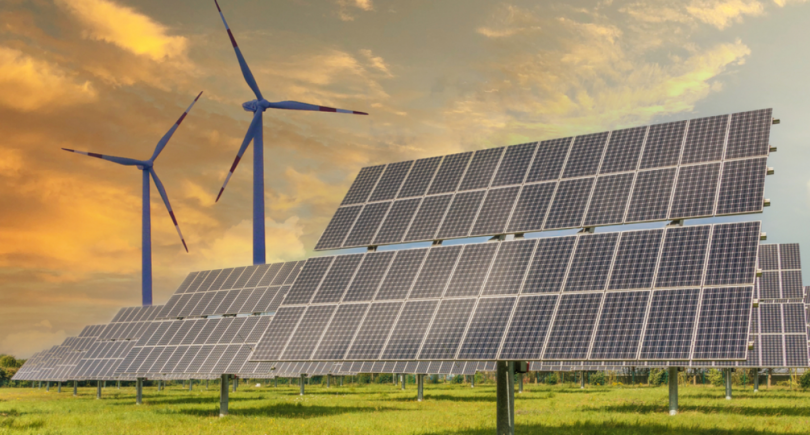
News Global Market Germany 1076 11 March 2024
Compared to January 2023, the indicator decreased by 5.5%
Industrial production in Germany in January 2024, taking into account seasonal and calendar factors, increased by 1% compared to the previous month. This is evidenced by preliminary data from the German Federal Statistical Office Destatis.
Compared to January 2023, taking into account calendar factors, production in the German industry decreased by 5.5%. In the monthly dynamics, the indicator grew for the first time after a 7-month decline.
From November 2023 to January 2024, industrial production in Germany decreased by 1.5% compared to August-October.
The growth in industrial production in January was driven by improved performance in several industries. In particular, construction output grew by 2.7% m/m over the month, compared to a 3.1% m/m drop in December. The indicator also grew by 4.7% m/m in the chemical industry, by 11.1% m/m in the maintenance and assembly of machinery, and by 5.9% m/m in the food industry. However, production in the automotive industry declined by 7.6% m/m, which had a negative impact.
Production in industrial sectors over the month (excluding energy and construction) increased by 1.1% m/m. In the energy sector, the figure fell by 3.7% m/m.
According to the final data, in December 2023, industrial production in Germany decreased by 2% compared to November and by 3.5% y/y.
Inflation in Germany in 2023 slowed to +5.9% compared to +6.9% in 2022. Energy prices rose by 5.3% y/y after a significant increase of 29.7% in 2022. At the same time, food prices rose particularly sharply over the year, by 12.4% y/y. Core inflation was +5.1% after +3.8% in 2022.
As GMK Center reported earlier, Germany reduced steel production by 3.9% in 2023 compared to 2022, to 35.44 million tons. In December, German steelmakers reduced steel production by 2.3% compared to December 2022 and by 2.5% m/m – to 2.63 million tons.



